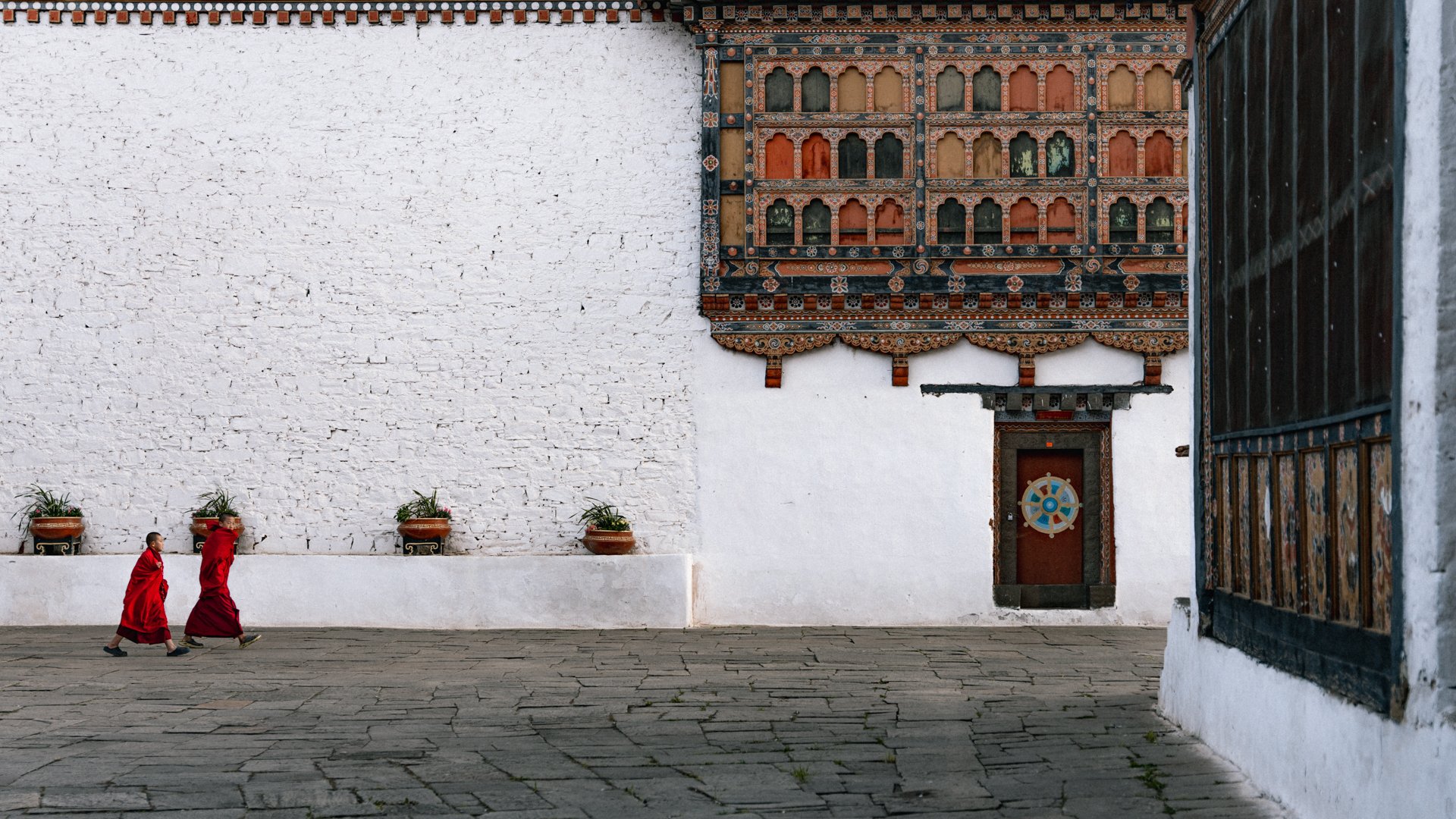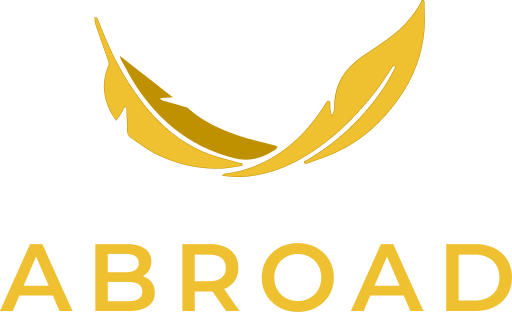
Abroad Centers for Traditional Wisdom
Abroad’s nonprofit work is dedicated to supporting indigenous communities and safeguarding their wisdom for future generations.
A Regenerative Mindset
On Abroad experiences, leaders gain profound insights from local wisdom keepers and find renewal in nature’s majesty. This is why we created the Abroad Wisdom Board and our nonprofit—to support indigenous communities and protect their wisdom for future generations. Indigenous communities safeguard 80% of the world’s biodiversity. By supporting them, we are also preserving ecosystems, revitalizing cultures, and regenerating the natural world.
Inspired in Bhutan
Abroad’s vision was born in Bhutan, where we’ve had the honor of bringing hundreds of the world’s top leaders for life-changing experiences. When we asked local wisdom keepers how we could best support them and create a net positive impact, their answer was clear: help build and restore centers where traditional Bhutanese practices can be cultivated and passed down for generations.
Hear from Abroad’s founder on the importance of a regenerative mindset for partnering with local communities in Bhutan
Our Projects in Bhutan
Rukha Village: A Temple for the Community
Our first pilot project took place in Rukha, one of Bhutan’s most remote and pristine villages. Abroad helped fund the construction of their community temple, and upon completion, the villagers celebrated with a multi-day festival.
Dodedhra Monastery: Preserving a Sacred Sanctuary
For the past 10 years, we have worked closely with the Abbots and Rinpoches of Dodedhra Monastery. With the support of our leadership community, Abroad has contributed over $100,000 to preserve sacred relics, install plumbing, and maintain this living sanctuary.
Ngajur Pemachopheling Dharma Center, Zhemgang
In partnership with Her Eminence Dorje Phagmo Rinpoche, Abroad is helping build centers where monks, nuns, and future generations of Bhutanese children can cultivate traditional wisdom. At the center we helped construct in Zhemgang, Dorje Phagmo welcomes the elderly and disabled, offering them care and a home—demonstrating her limitless compassion.
Gelephu Mindfulness City: Integrating Tradition into the Future
After successfully establishing a center in Zhemgang, Abroad is now collaborating with Dorje Phagmo to build the first center for traditional wisdom in the King’s new Mindfulness City. Abroad alumni have already donated over $75,000, supporting the infusion of traditional wisdom and values into the Mindfulness City, ensuring it serves as a global model of prosperity, tradition, and harmonious living with nature.
Beyond Bhutan: Expanding
to New Zealand, Peru & Panama
Having established a successful model in Bhutan, Abroad is now working with partners in New Zealand, Peru, Panama, and beyond to preserve and cultivate traditional wisdom globally.
Since wisdom is shared, not taught, we believe the best way to preserve it for future generations is by building physical centers where communities can continue their traditions long after their wisdom keepers and spiritual leaders pass on.
Get Involved
If you’re seeking a way to create meaningful and lasting impact, we invite you to join our Abroad Luminaries Community and support our nonprofit initiatives. You can contribute by gifting your time, connections, or financial resources—and receive a tax-deductible donation through our fiscal sponsor, the Bhutan Foundation.





